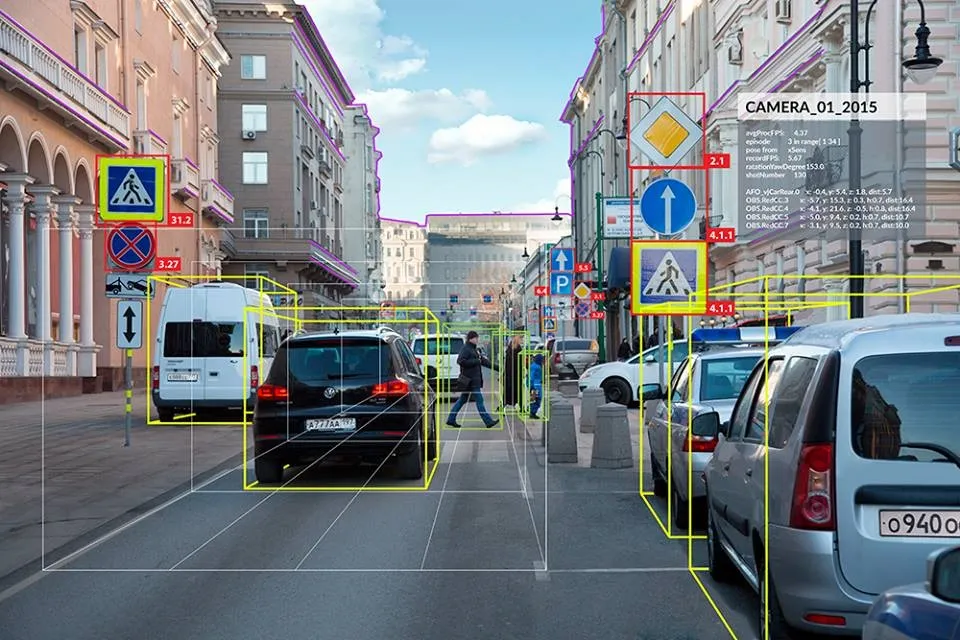Through the agreement, both companies will collaborate on autonomous driving solutions using Visteon’s DriveCore platform on a vehicle program scheduled to launch in 2020. It will also focus on potential commercial engagements in instrument clusters, displays, augmented reality head-up displays and domain controllers using Visteon's SmartCore technology.
Additionally, these platforms will also be used to concentrate on the development of cockpit domain controller systems.
Wang Qiujing, president of GAC Engineering, added: "We are very pleased to be embarking on this collaboration with Visteon. Visteon's technology innovation and strong presence in China is well-aligned with our vision for automotive technology development. We believe that this cooperation with Visteon will play an important role in promoting the rapid development of autonomous driving and cockpit electronics systems."
Visteon’s enters partnership on autonomous driving and cockpit systems
Visteon Corporation has signed a strategic agreement with China-based vehicle manufacturer Guangzhou Automobile Group Co., Ltd. Automotive Engineering Institute (GAC Engineering) to further its efforts to develop and deploy autonomous driving and other cockpit electronics solutions. Through the agreement, both companies will collaborate on autonomous driving solutions using Visteon’s DriveCore platform on a vehicle program scheduled to launch in 2020. It will also focus on potential commercial engagements
January 11, 2018
Read time: 2 mins









